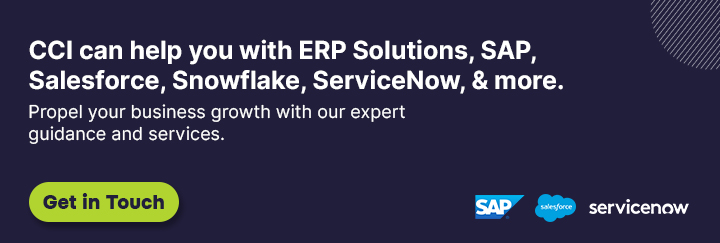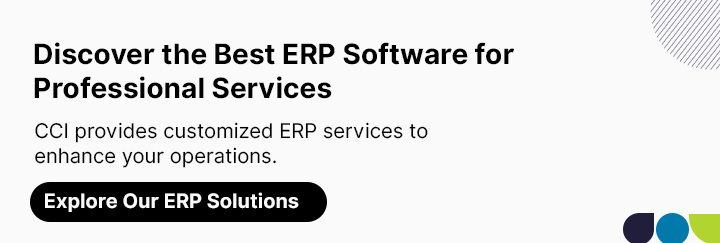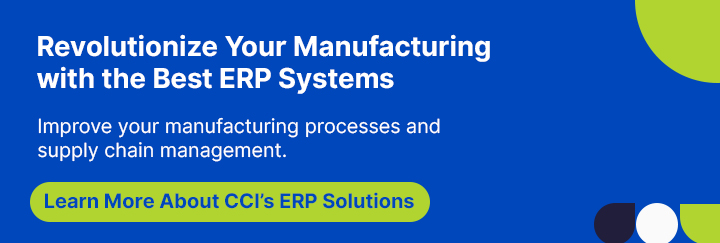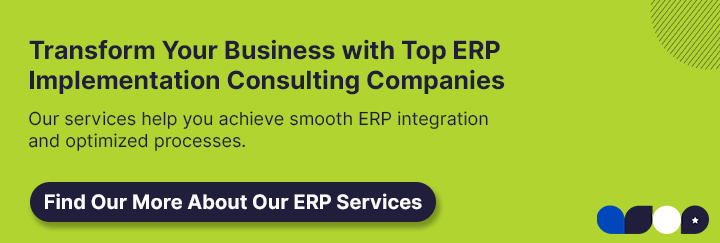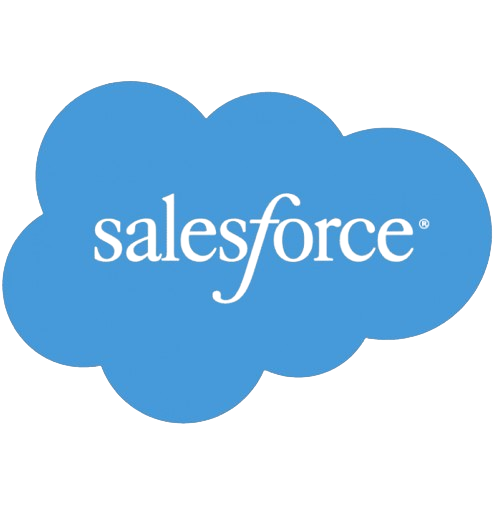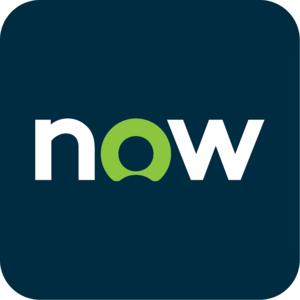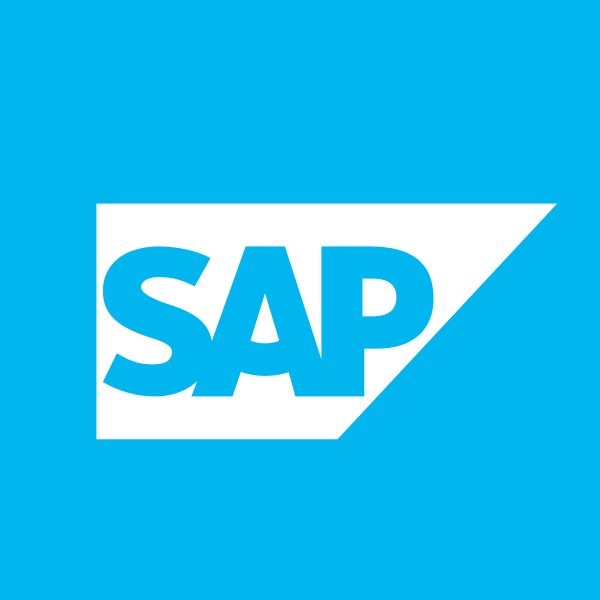CRM Pricing 2026: How Much Does CRM Implementation Cost?
Updated on March 2, 2026
Choosing a CRM is pivotal in any business’s journey to building better relationships and driving growth. Yet, navigating the maze of CRM costs and pricing structures can feel overwhelming. With countless options, each offering varied features and pricing models, understanding the total investment required is essential.
In 2026, businesses are more focused on ROI, making it vital to pick a CRM solution that balances cost with the potential for long-term gains. Let’s break down CRM pricing to empower you to make an informed decision that aligns with your unique business needs and goals.
>> Related Post: ServiceNow Pricing: Implementation Cost in 2026
How Much Does CRM Software Cost?
CRM pricing is highly variable, with costs influenced by the provider, features, and scalability. Here’s an updated breakdown:
- Free Plans
Free plans offer essential tools like contact management, email tracking, and task organization. HubSpot’s free CRM is a leader in this category, ideal for startups and micro-businesses dipping their toes into CRM systems.
- Entry-Level Plans
Designed for small to mid-sized businesses, these plans range from $10 to $50 per monthly user. They provide access to automation, data analytics, and third-party app integrations—critical for growing teams aiming to optimize sales and marketing workflows.
- Mid-Tier Plans
These plans cost between $50 and $150 per user monthly and are designed for companies ready to expand their CRM usage. Features include deeper analytics, workflow customization, and industry-specific capabilities.
- Enterprise Plans
Often priced at $150 to $2,000 monthly or higher, these plans are customized for large organizations with complex requirements. They include advanced analytics, predictive AI, and extensive integrations with ERP systems. Salesforce and SAP CRM dominate this tier.
>> Related Post: Snowflake Pricing: Implementation Cost in 2026
How Is CRM Pricing Calculated?
The actual cost of a CRM goes beyond its subscription fee. Vendors consider several factors when calculating prices, including:
- Number of Users
Many CRMs adopt a per-user pricing model, which means costs rise as your team grows. This structure ensures scalability but requires accurate forecasting of team needs. - Feature Packages
Basic packages are priced for essential functionalities, while premium tiers unlock advanced tools such as AI-driven recommendations, extensive automation, and multi-channel tracking. - Integration Costs
Integration fees can add to the overall price if you rely on tools like SAP or Mailchimp. Some CRMs include integrations as part of the plan, while others charge separately. - Customization
Businesses requiring extensive customizations for unique workflows or industry-specific needs may face additional one-time or ongoing charges.
>> Related Post: SAP Pricing: Implementation Cost in 2026
Components of CRM Software Pricing
Breaking CRM pricing into digestible components helps illuminate the total investment:
- Subscription Fees
The recurring monthly or annual charges depend on the chosen plan.
- Implementation Costs
This includes setup, initial training, and system configuration. Depending on the CRM and deployment complexity, it can range from $1,000 to over $10,000.
- Integration Costs
Linking the CRM with tools like ERP systems or email marketing platforms may require additional investment.
- Maintenance Fees
Annual maintenance or updates ensure the CRM remains functional and secure.
- Training Costs
Comprehensive user training empowers teams to use the CRM efficiently and often represents a worthwhile investment.
- Hidden Fees
Some providers charge for data migration, advanced customer support, or feature upgrades. Understanding these potential costs is critical for budget planning.
>> Related Post: MuleSoft Pricing: Implementation Cost in 2026
CRM Software Price Comparison in 2026
Here’s a more detailed look at popular CRM platforms and their pricing:
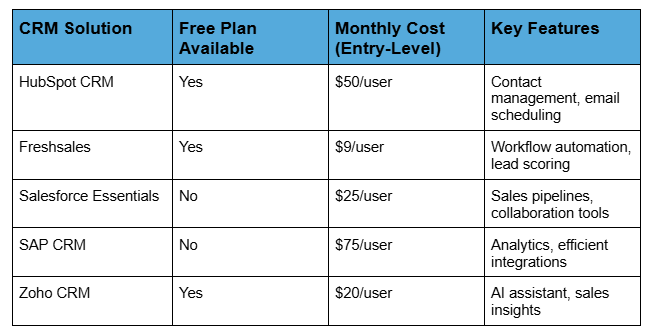
>> Related Post: ERP Software Price in 2026
How to Understand CRM Costs with Cost Intelligence
Understanding CRM costs isn’t just about reading price tags—it’s about seeing the bigger picture. Here’s how you can make smarter financial decisions:
- Define Objectives
Clearly articulate what you need the CRM to achieve. Whether it’s better lead management or enhanced reporting, focus on features that support these goals.
- Look for Scalability
Choose a CRM that can grow with your business. Investing in scalable options saves you from transitioning to a new system later.
- Evaluate Vendors
Don’t just compare prices. Assess the quality of features, customer support, and industry-specific offerings to find a solution that fits your niche.
- Calculate ROI
Determine how a CRM will save time, improve productivity, or increase revenue. This ensures the cost is justifiable and manageable.
- Ask Questions
Engage with providers to uncover hidden fees or long-term costs. Transparency is key to understanding true CRM pricing.
>> Related Post: Best CRM Consulting Companies in 2026
Is CRM Cost-Effective in 2026?
For many businesses, CRM systems pay for themselves over time. The right CRM optimizes team workflows, boosts sales efficiency, and improves customer satisfaction. For small businesses, tools like Zoho CRM provide cost-effective entry points to these benefits. Larger enterprises often see significant returns through improved analytics and AI-driven capabilities.
>> Related Post: Top CRM Trends in 2026
CRM Services Offered by Cloud Consulting Inc. Inc.
Cloud Consulting Inc. Inc. offers professional CRM Consulting Services to meet businesses at every stage of their CRM journey. Here’s how we help:
- Implementation Services
We handle every aspect of CRM deployment, ensuring your system is up and running quickly.
- Customization
Our team configures your CRM to reflect your business processes and goals.
- Integration
Connect your CRM with other tools, such as SAP or ERP systems, to maximize efficiency.
- Training and Support
Empower your team with the knowledge they need to utilize your CRM effectively. Our support team is available to troubleshoot and guide you.
>> Related Post: Best CRM Software and Systems in 2026
Conclusion
CRM pricing can feel complex, but with the right guidance, businesses can choose a solution that fits their needs and budget. As we move through 2026, CRM systems remain invaluable tools for fostering growth and improving customer relationships. By understanding pricing structures and aligning costs with business objectives, you can make a confident and informed decision.
FAQs: CRM Pricing 2026
1. What’s the most affordable CRM for small businesses?
Platforms like HubSpot and Zoho CRM offer free or low-cost plans.
2. Are there hidden fees in CRM pricing?
Some CRMs may charge for advanced support, integrations, or data migration. Always inquire about additional costs before committing.
3. Is investing in a CRM worth it?
Yes. CRMs improve productivity, customer satisfaction, and sales efficiency, often delivering substantial ROI.
